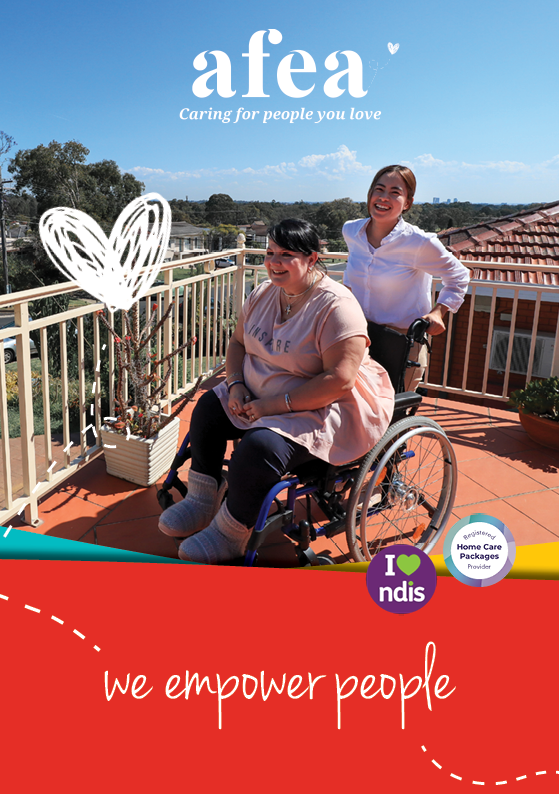The practise of mindfulness and meditation are getting more and more accepted in everyday life. Large corporations such as Google encourage their staff to practise mindfulness to increase wellbeing and focus. Schools often use it to settle children after breaks, and many medical practitioners recommend its use to treat different conditions. But even so, there are a lot of persistent misconceptions about mindfulness and what it actually is. So here’s 6 myths about mindfulness for you to meditate on.
1. Mindfulness is emptying your mind
Probably the most common misconception about mindfulness, when the in fact, the opposite is true. It is about focusing all of your attention in a purposeful way. Thoughts will pop up, and the aim is to notice them come and go, without attaching any positive or negative feelings to them.
2. Mindfulness is meditation
Although they overlap, they are not the same. Meditation is taking time to focus your awareness, whereas mindfulness is a more broad term, referring to being aware of and focused on anything you’re doing at a particular time.
3. Meditation and mindfulness are spiritual
Although they are both big parts of certain spiritualities and beliefs, they are not inherently spiritual at all. The main ideology that focusing your attention on everything you do, and being present in every moment is about the self and is universal.
4. I have to sit awkwardly
Depending on what you’re trying to achieve, mindfulness and meditation actually works best if you’re comfortable. The more comfortable you are, the better you can start focusing your attention elsewhere. It is best practised in a sitting position or lying down.

5. It’s just taking time to rest and relax
Although the effects of meditation can be very calming, the practice itself it actually quite challenging. But don’t worry, it gets easier with time. It is recommended that beginners start with 5 or 10 minutes at a time. Experienced people can remain in focus for hours!
6. I don’t have time to practise mindfulness
Mindfulness is a way of being, it can be practised anywhere, anytime. The idea behind it is to focus on what you’re doing, in the moment you’re doing it, whole-heartedly.
Next time you brush your teeth, drive a car or eat a meal, try focusing on every movement you make. When other thoughts pop up, tease your mind back to the task at hand attaching positive or negative feelings to them. The better you get at this, the more you’ll be able to live and enjoy the moment, and be able to handle stressful situations level-headedly.
To give it a go, check out our blog explaining mindfulness, it’s benefits, and a little practice you can do anywhere, anytime.















